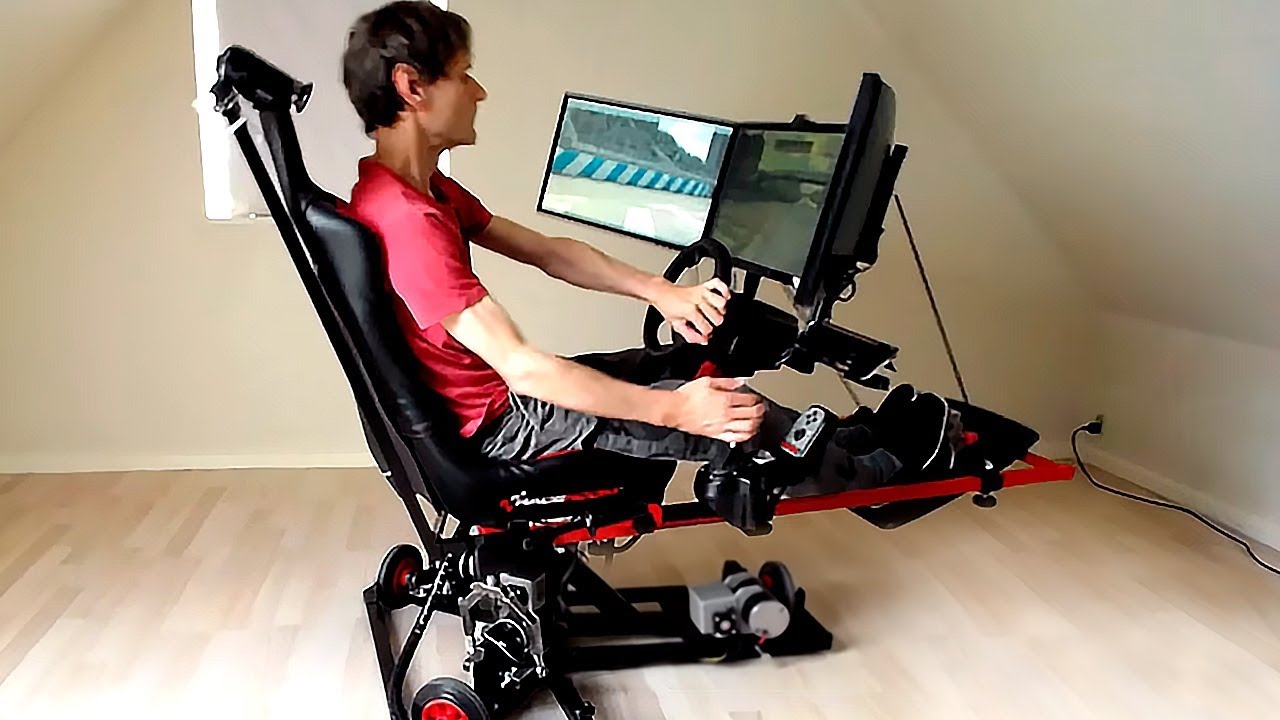If you’ve been scrutinizing that ink you got in your past, you’re not alone. One in 8 American adults regret getting at least one of their tattoos, according to the Food and Drug Administration. Fortunately for your younger self, there are ways in which you can go about erasing your once-permanent past decisions. Tattoo removal procedures offer people the option to wipe out their unwanted inks by means of an in-office procedure. But how does the process work? What can you expect from a session? HuffPost chatted with experts on everything you need…
Read MoreAuthor: Tom Patriot
7 MIND BLOWING GAMING TECHNOLOGIES YOU MUST HAVE
Changes in Brain Regions May Explain Why Some Prefer Certainty and Order
Why do some people prefer stable, predictable lives while others prefer frequent changes? Why do some people make rational decisions and others, impulsive and reckless ones? UCLA behavioral neuroscientists have identified changes in two brain regions that may hold answers to these questions. The research — reported by Alicia Izquierdo, UCLA associate professor of psychology and a member of UCLA’s Brain Research Institute, and her psychology graduate student, Alexandra Stolyarova — is published today in the open-access online science journal eLife. The new experiments, which involved studying the orbitofrontal cortex and…
Read MoreJennifer Lopez Shares Her Secrets to Looking – and Feeling – Great at 49!
How does Jennifer Lopez manage to look so fabulous at 49? “I sum it all up as trying to live a healthy lifestyle,” Lopez tells PEOPLE in this week’s cover story. Eschewing strict, bland diets or a rigid workout schedule, the radiant superstar focuses on getting plenty of sleep — at least 7 to 9 hours a night (“10 or 11 hours on a day off”) — and drinking lots of water. When it comes to breaking a sweat, Lopez dances at her at-home studio and mixes up her workout routine with…
Read MoreSoft drinks + hard work + hot weather = possible kidney disease risk
New research suggests that drinking sugary, caffeinated soft drinks while exercising in hot weather may increase the risk of kidney disease. The study is published ahead of print in the American Journal of Physiology — Regulatory, Integrative and Comparative Physiology. A research team from the University at Buffalo in New York studied healthy adults in a laboratory environment that mimicked working at an agricultural site on a hot day (95 degrees Fahrenheit). The volunteers completed an hour-long exercise cycle consisting of a 30-minute treadmill workout followed by three different five-minute lifting,…
Read More




